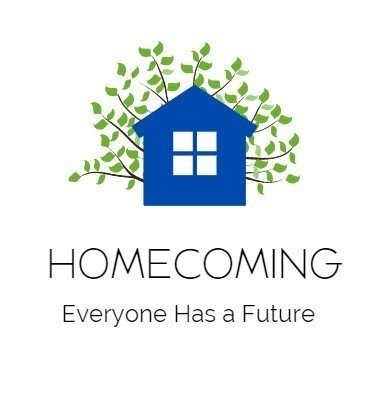Autonomy and Risk Accomodation
There is healing in the outdoors – this is not a new concept. It’s something that made sense in 1920 and it makes sense now. The outdoors is an antidote to the hum of fluorescent lights and echoes of indoor space. The sensation of sunlight and breeze against the skin, the sound of the birds in the trees is strong medicine, indeed. What the outdoors mainly represents for someone living with dementia, though, is freedom, dignity and autonomy. Autonomy is a foundational principle in modern medical practice – each person gets to determine what is done to and with their body. For a healthcare provider, we think of autonomy as a person’s right to refuse medical treatment, but autonomy involves more than that. Autonomy is not only person’s right to control what is done to their body, but also what is done with their body – their freedom of movement and assembly. As long as someone is not incarcerated, limits on freedom of movement in our society are as minimal as possible, bound by the right to privacy and welfare of others. The quandary presented by dementia is that because degeneration of the brain can rob a person of their safety awareness, restrictions on freedom of movement are necessary to protect that person. People living with dementia forget that they have poor balance, they forget that you should wear a coat when it's cold or take an umbrella when it’s raining. Most importantly, they might not recognize the danger in wandering into traffic – this is why memory centers are secure: there is a need for increased limits on freedom of movement in order to keep that person with dementia from hurting themselves. Any secure setting by necessity places a limit on autonomy. But this need for security cannot become an excuse to unnecessarily rob a human of all autonomy, of all freedom to determine where they spend their day and how they choose to move through that day.
It is natural that memory centers in America place a premium on security – we are the world’s most litigious society, after all. Greater freedom always entails greater risk of falls and injuries, or elopement and exposure to elements, things that can impact a facility’s ratings and put it at risk for lawsuits. Restrictions on freedoms in America’s memory centers are partly an understandable reaction to these regulations and litigation. But what we also need to recognize is that each element that reduces risk – each locked door, each fence, each policy- also reduces a person’s autonomy. And with each limit on autonomy, we limit expression of a fully human life. Human life is more than existence – it is expression. A hallmark of human life is the expression of will, decision making and freedom that is inherent in autonomy. This is why autonomy is such a foundational concept in modern law and ethics and why our society has such protections of individual rights and freedoms – to be human is to make choices and to act on those choices in as free a manner as possible. Every time we reduce risk, we limit the expression of choice and freedom of another human life. And each limitation of choice makes that life less uniquely human. Outdoor space represents risk, yes, but it also represents freedom, autonomy and the chance to achieve as fully human a life that one can live as a person living with dementia.
In recognition of the importance of autonomy to human life, Homecoming sees risk as something to accommodate rather than something to avoid, for if our primary aim is to remove risk from human life, we are left not with life, but only with existence.
